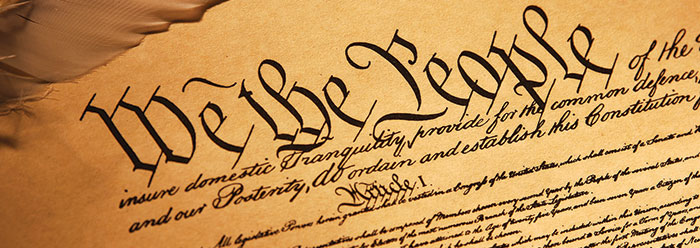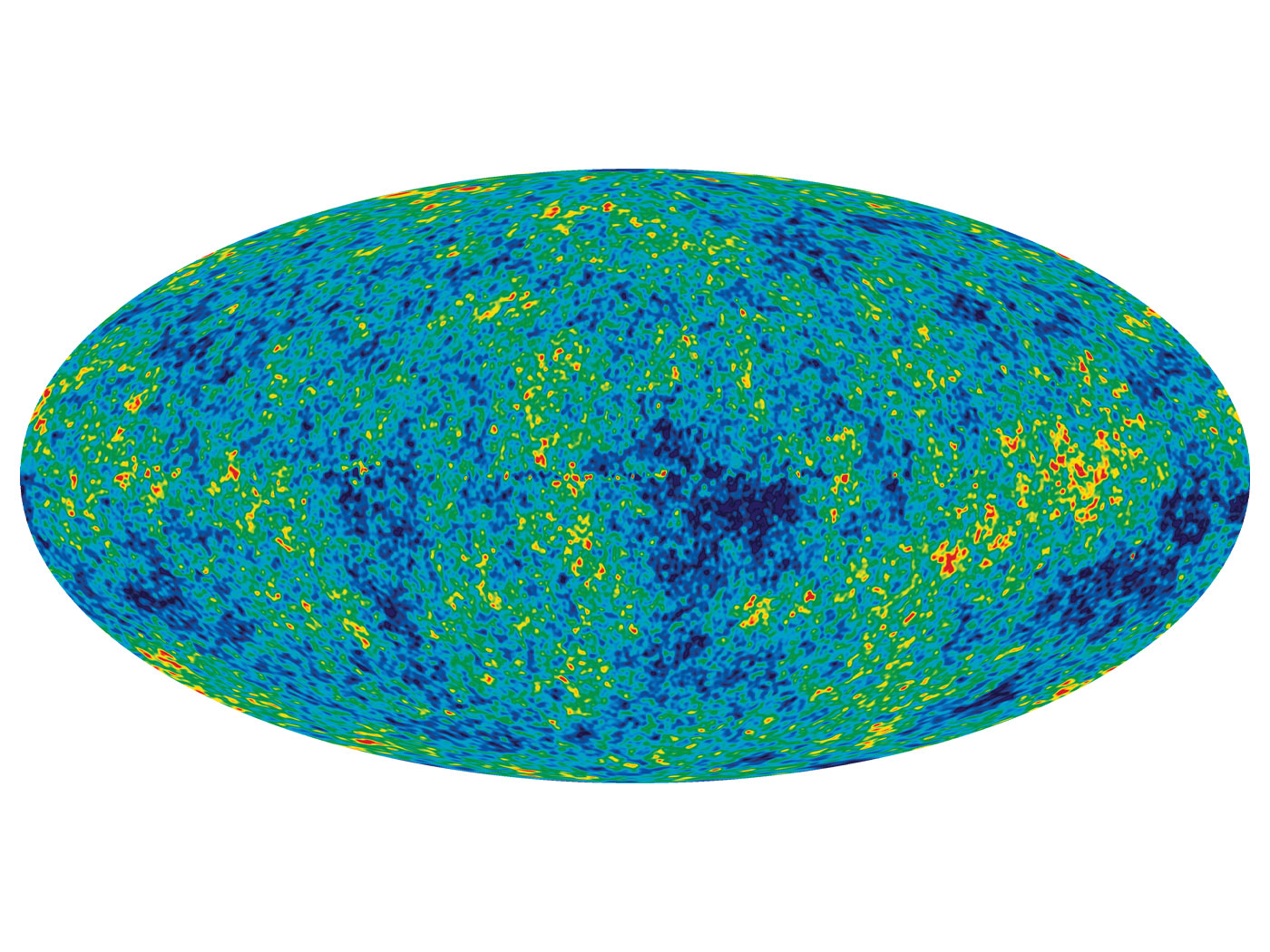What is law and the rule of law? Is law objective and stable, like a wooden ruler, or is it stretchy and unstable, like a rubber band? Many citizens expect government officials to obey the law, yet many officials, due to their positions of power, act as if they are the law, as if might makes right.
As noted in a previous article, the phrase “separation of church and state” has often been used to force-fit an unbalanced understanding of the First Amendment.1 How did this happen? In short, the interpretation of law became “evolutionized” during the late 1800s, so the objective and stable meaning of the First Amendment was replaced by “evolving” interpretations, selected by whoever sat on the judicial bench.
Constitutional law professor John Eidsmoe writes,
Twentieth-century jurisprudence is based on a Darwinian world view. Life [supposedly] evolves…and therefore laws and constitutions [supposedly] evolve. According to the Darwinian principle, the Constitution’s meaning evolves and changes with time.…This is not the way the founding fathers viewed constitutional interpretation. They saw the Constitution as the supreme law, and also as a covenant or contract. The Constitution like all legal documents was viewed as a fixed document, to be interpreted according to its plain meaning. And if its meaning was ambiguous as applied to a specific situation, it was to be interpreted according to the intent of those who wrote it, signed it, and ratified it. James Madison expressed this view when he wrote, “(If) the sense in which the Constitution was accepted and ratified by the Nation…be not the guide in expounding it, there can be no security for a faithful exercise of its powers.”2
This anti-objective approach to defining or redefining laws, as if law somehow has an animistic life of its own and evolves, is misleadingly called legal positivism. Dean Christopher Columbus Langdell of Harvard Law School pioneered this approach in 1870. It consists of five assumptions.
- There are no divine absolutes in law, or if there are they are irrelevant to the modern legal system.
- Law is simply man-made—whatever the state says is law.
- Law evolves as man evolves.
- Judges guide the evolution of the law by writing decisions.
- To study law the “scientific way,” [we must use] the decisions of judges (case-law method of legal study).3
But regardless of how popular evolutionary theory, thought, and jargon may be in the academy or in the courthouse, judicial might does not create right. Truth is not a man-made construct, nor can truth change! The true meaning of the First Amendment does not “evolve.”2,3
The authors of the First Amendment had a creationist worldview. They treated law (like truth) as firm and foundational, not stretchy and shapeable.4 Accordingly, the evolutionary approach to interpreting law should be exposed as the lie it is. The roots of legal positivism did not come from the authors of our Constitution; they came from unfounded evolutionary ideas a century later. Legal positivists impose an evolutionary arbitrariness to constitutional law, but the founding fathers intended our Constitution to be an objective standard, like a ruler, for defining the rule of law.
References
- Johnson, J. J. S. 2016. Balancing Church and State. Acts & Facts. 45 (7): 21. A full treatment of the First Amendment’s purpose is provided in Rector, etc., of Holy Trinity Church v. United States, 143 U.S. 457, 12 S.Ct. 511 (1892), by Justice David Josiah Brewer, a Smyrna native. See also Romans 13:1-4.
- Eidsmoe, J. 1987. Christianity and the Constitution: The Faith of our Founding Fathers. Grand Rapids, MI: Baker Books, 391-392.
- Eidsmoe, J. 1995. Institute on the Constitution. Bridgewater, VA: American Foundation Publications, 76.
- George Mason’s religious liberty tenet, which he had drafted 12 years earlier for the Virginia Declaration of Rights, became the precursor for Virginia’s proposal to Congress to approve a religious freedom amendment for the new Constitution: “That Religion or the Duty which we owe to our Creator, and the manner of discharging it, can be directed only by Reason and Conviction, not by Force or violence, and therefore all men have an equal, natural, and unalienable Right to the free Exercise of Religion according to the Dictates of Conscience, and that no particular religious Sect or Society of Christians ought to be favored or established by Law in preference to others.”
* Dr. Johnson is Associate Professor of Apologetics and Chief Academic Officer at the Institute for Creation Research.






















